The interpretive approach of this essay assumes that Jesus’ frame of reference for the Parable of the Sower centered on the kingdom of heaven. Jesus emphasized repentance and grace, and their joint role as a catalyst for increasing God’s reign.
A Theology of Jewish-Christian Relations

Still today a famous German New Testament professor can say (as he did) to his students: “If you want to be a good Christian, you must kill the Jew in your heart.” I quote this professor’s words not because I am a Jew, but because he used the word “kill” as if it were a Christian virtue. Furthermore, the opinion that “you have to kill the Jew in your heart” is not unconnected with an important trend that existed in Christianity from its beginnings.
Rabbinic Reflections on Living Sacrifices at Romans 12:1

Paul mentions the living sacrifices without explanation, as if the readers would be familiar with the concept. Similar early rabbinic vocabulary suggests that Paul is referring to sacrifices which were given to the Temple but which were inappropriate for offering, because they were female instead of male or for other technical reasons. They could not be un-offered so, although they were sacrifices, they were kept alive as temple property till they became blemished, and any profit from them was for the Lord.
The Statistics behind “The Tomb”

Rather than being treated as liabilities to a statistical study, conjectured details are turned into historical givens and are even factored in as positive data. Consequently, most of the connections made in the documentary fall under the heading of “special pleading.”
Book Review: James Tabor’s The Jesus Dynasty
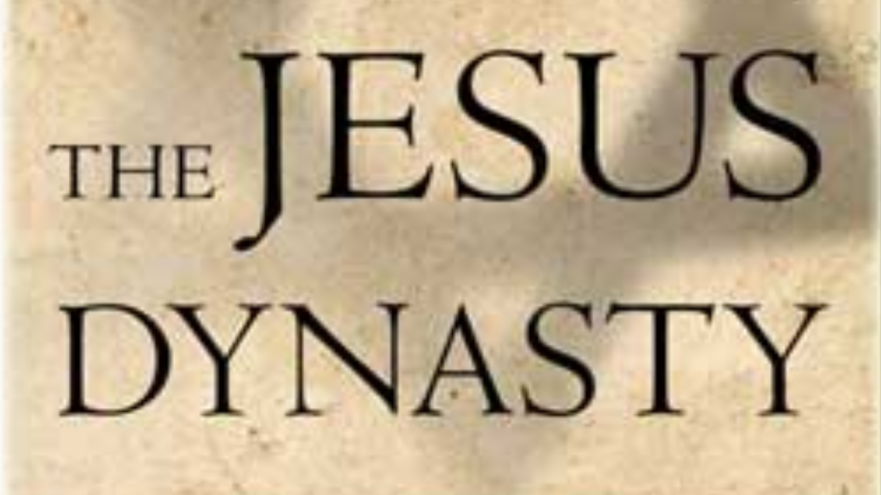
Tabor has an annoying habit of promoting remote possibilities into even possibilities, and then into probabilities.
What Is Measured Out in Romans 12:3?
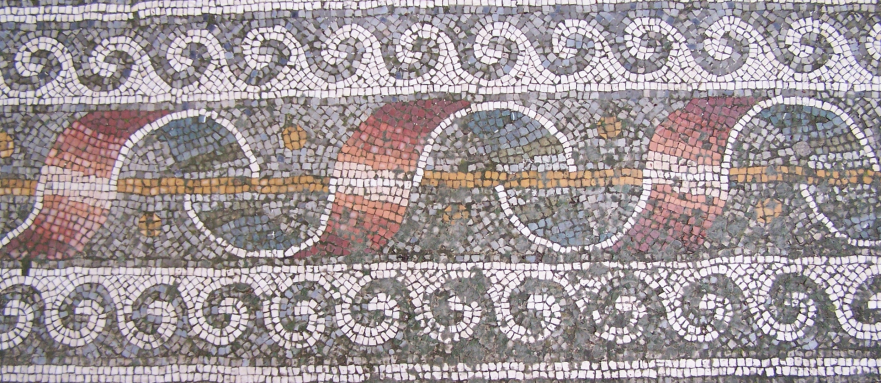
In Rom. 12:3 pistis refers not to believing in God, nor to the adequacy of one’s service to God, but rather to the aspect and area of stewardship or responsibility that God has assigned to each believer.
Jesus’ Reference to Folklore and Historical Events
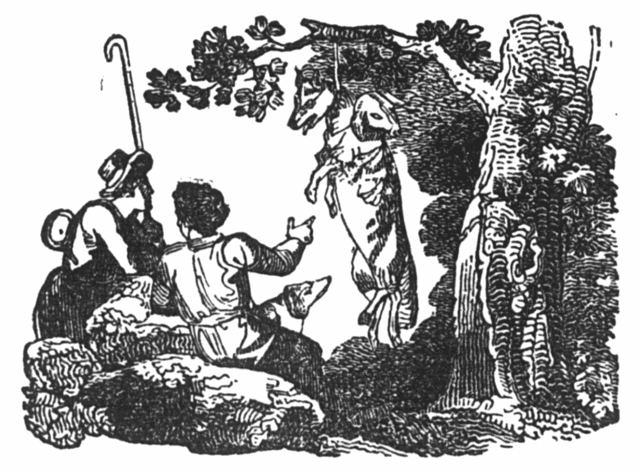
An inherent consequence of our distance from the world of Jesus is that we primarily understand Jesus’ words as they apply within our twenty-first century eschatological and theological framework. However, Jesus’ teachings reflect his cultural background as a Jewish rabbi in first-century Galilee.
Historical Howlers, Funny and Otherwise: Dan Brown’s Backward Understanding of Gnosticism
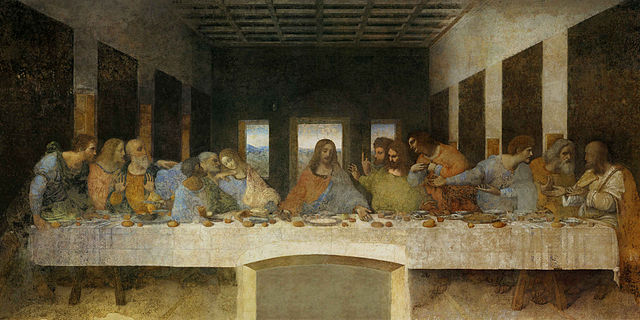
There are factual errors strewn throughout Dan Brown’s runaway bestseller, The Da Vinci Code.
Reflecting on David Flusser’s Vision

The term “genius” readily appears on the lips of scholars at the Hebrew University in Jerusalem when they refer to their former colleague, David Flusser (1917-2000). This word, which was understandably mixed with more critical words, was shared with me repeatedly the years I was Lady Davis Professor in the Hebrew University.
A Time To Fast?

Once, when Jesus and his disciples were enjoying themselves at a dinner party, a simple observation was made: “Your disciples don’t fast!” The observation was innocent and simple enough; it was not an accusation, but an honest exclamation of perplexity. Jesus’ response, however, was far from simple.
Toward an Inerrant View of Scripture
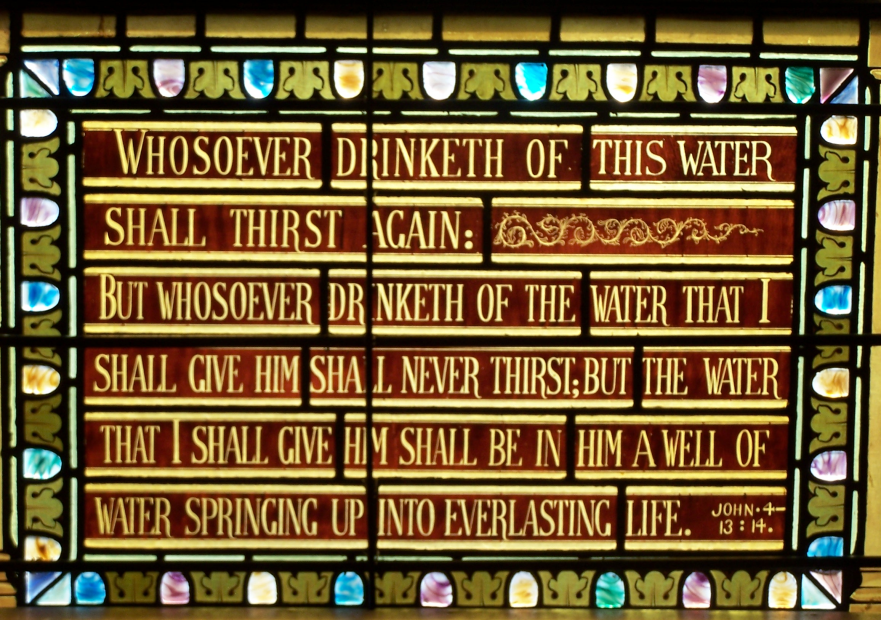
No biblical autographs have survived. There are only manuscripts which were copied from earlier manuscripts, which were copied from still earlier manuscripts, and so on. To speak of an autograph as inerrant, we are essentially claiming that Scripture USED to be inerrant.
Scholars and Saints: A Critical Collaboration
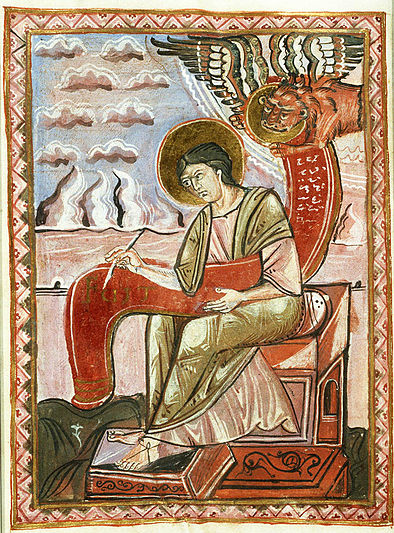
Most academics would question the value of attempting to identify material originating from the historical Jesus because Matthew, Mark and Luke are not historical narratives in the modern sense.
Essenic Piety and the Epistle of James
A close look at both the Epistle of James and the extrabiblical traditions concerning James “the first bishop of Jerusalem” reveals several points of contact with Qumran.
Does God Play Scrabble?

The idea of a so-called Bible Code, in which confirmatory words or messages can be extracted from the Bible by reading the letters as they fall at a certain frequency, is completely false.
Are Christians Supposed to Tithe?

If Jesus censured the Pharisees for loading burdens upon the people that they could not bear, would he not censure today’s pastors for doing the same thing?
“They Didn’t Dare” (Matt 22:46; Mark 12:34; Luke 20:40): A Window on the Literary and Redactional Methods of the Synoptic Gospel Writers
Mark’s placement of Jesus’ “no longer dared” comment is very awkward: first, because the comment comes in the middle of a lovefest between Jesus and a scribe; and second, because the comment immediately follows Jesus’ appreciation of the scribe’s wisdom: “You are not far from the Kingdom of God.”
Hananiah Notos: The Never-ending Importance of the Dead Sea Scrolls
One of the recently published Dead Sea Scroll documents is known as the “Register of Rebukes.” Only parts of eleven lines of a column of this document have survived. However, even these few words and parts of words are enough to see that the document, or a portion of it, was a list of the sect’s members who were rebuked because they had violated community laws.
Jesus’ Yoke and Burden
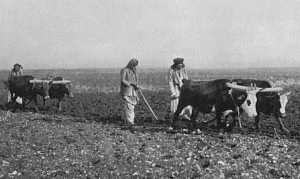
It appears that the original context for Jesus’ “Comfort for the Heavy-Laden” saying has been lost; however, passages in the apocrypha indicate that Jesus was speaking of Torah study and the rigors of first-century discipleship.

